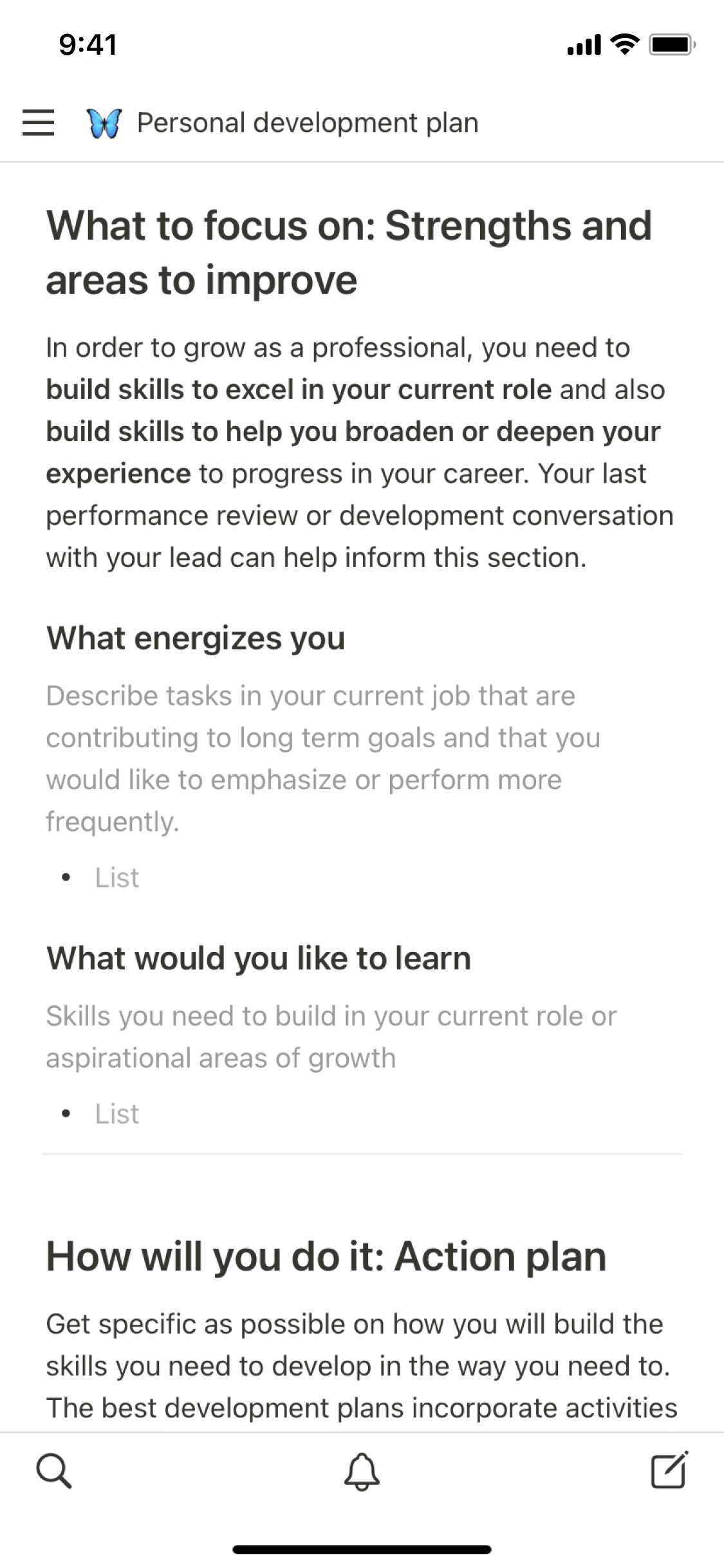
You should not focus on your experience if you don't have it. Instead, highlight your skills and related side projects and include a strong cover letter with your resume. In addition, your resume should be as short as possible, with no more than five bullets per section. A lengthy document is unlikely to be read by recruiters so keep it short and to the point.
Format
While preparing your resume, it is imperative to make sure it is formatted properly. In order to create a winning resume, you should follow a few formatting guidelines. First of all, make sure that your headings are at level 1. Microsoft Word allows you to add headings by pressing alt + control + 1.

Layout
Your resume should be designed to highlight your work experience and skills. The format of a resume should be the same as a functional one, but the experience section should be more specific. Contact information should include your name, address and email. Your website can be included. Your objective for your resume should be a summary of your career goals and skills. Your skills section should contain a list and one to two sentences description of each skill.
Both soft and hard skills are important
Hard skills are those that are required for a specific job. They can be acquired by gaining certifications or through practical experience. Soft skills, however, are subjective and harder to measure. For example, a software coder might be expected to learn how to use Photoshop and Microsoft Excel. Music teachers might also need to know how to play the piano, and what teaching methods to use.
Avoid cliches
Resume cliches are overused phrases that do not add anything to your resume. Examples of these phrases include "team player" and "hard-working." Avoiding too many clichés could make you seem generic and desperate. Instead of focusing only on your achievements and describing how they contributed to the team, instead describe them as a contribution to the organization.
High school diploma included
A high school diploma is an asset to your resume. Employers will often verify education information on resumes, so it's best to keep it true. Your GPA is an important part of your resume if you don't hold a high school diploma. Your high school honors and awards can be added.

Avoid long unemployment gaps
It's natural to worry about the impact of long employment gaps on your resume, but you can manage this concern by developing your skills and staying actively engaged in your work. Consider acquiring new certifications, attending workshops, or taking continuing education courses. Even volunteering can prove useful. It will show potential employers that you care about the community and are relevant for the position you're applying for.